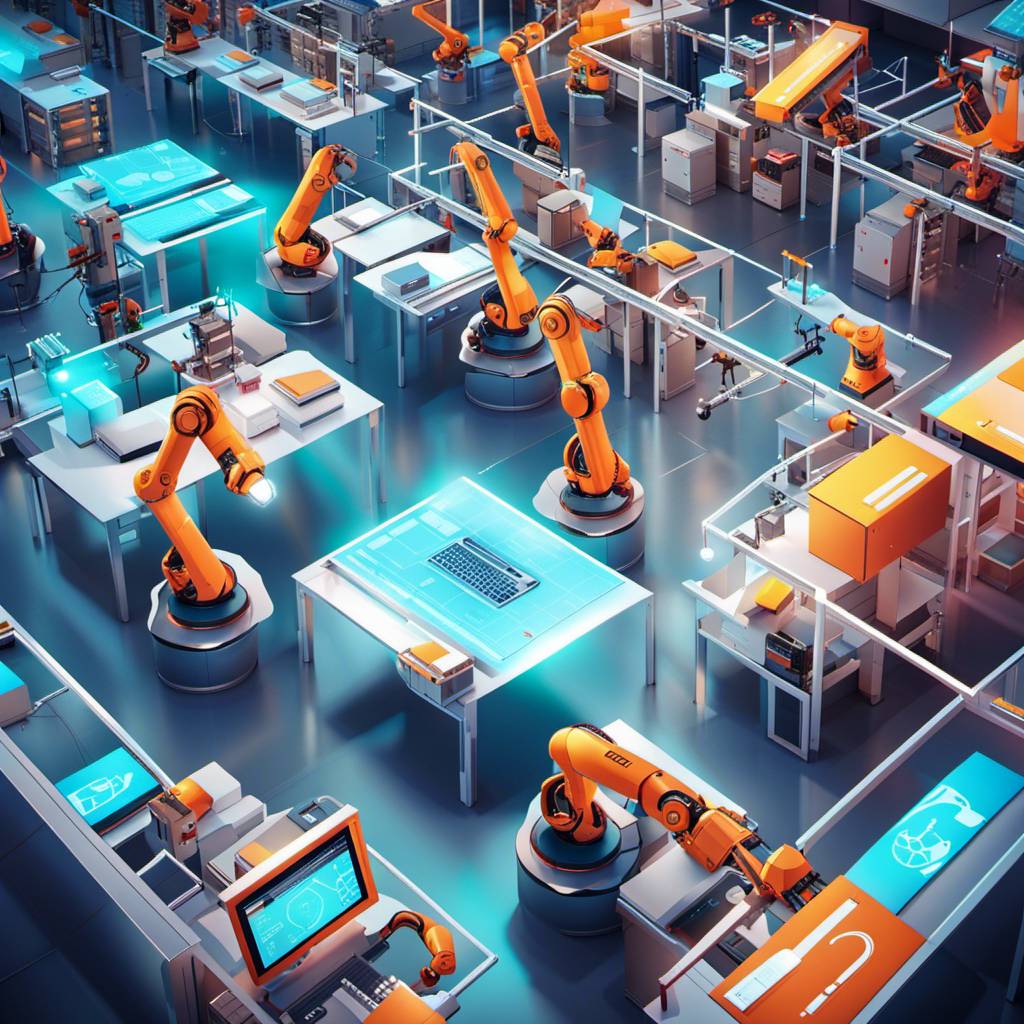In the vanguard of the fourth industrial revolution, often called Industry 4.0, Artificial Intelligence (AI) and Machine Learning (ML) are currently leading the pack in the realm of packaging robotics and automation. AI is essentially software that is trained to carry out a specific task, as opposed to being programmed to do so. ML, on the other hand, employs algorithms to glean insights and detect patterns from data automatically, using this learning to make progressively better decisions.
A 2022 report from PMMI – The Association for Packaging and Processing Technologies, titled “Robots and Cobots An Automated Future,” states that “The packaging industry has seen an explosion of AI-based applications as robots have become more commonplace. This rapid expansion of AI-based solutions is projected to continue, with AI use in packaging estimated to grow at CAGRs of over 50% in the next five years.”
Earlier this year, Deep Learning Robotics (DLRob) introduced what it describes as “revolutionary robot control software,” designed to be compatible with a variety of robotic platforms. This state-of-the-art software enables users to instruct robots in tasks by simply demonstrating them, making the process more natural and intuitive. DLRob’s advanced ML algorithms allow robots to learn by observing and replicating human actions.
The company claims that its software’s user-friendly interface and adaptability to a wide array of robots and applications, from industrial manufacturing to home automation, enable anyone to teach robots new tasks. In April, DLRob announced its support for new hardware devices with a software update that will allow its customers to connect and control a broader range of robotics devices, including Universal Robots’ UR series of cobots.
At the automatica 2023 trade show in Germany, Intrinsic, an Alphabet company, and Siemens revealed a partnership to investigate integrations and interfaces between Intrinsic’s AI-based robotics software and Siemens Digital Industries’ open and interoperable portfolio for automating and operating industrial production.
Intrinsic explains that the current development and runtime environments for AI-based robotics and automation components differ significantly in their development paradigms, which makes integration challenging. The two companies plan to explore new methods to seamlessly connect the dots between robotics, automation engineering, and IT development.
According to Intrinsic, this integration of both worlds will expedite the development process of flexible, AI-enabled robot work cells and streamline their operation. This will render industrial robotics more accessible and usable for a wider audience, including businesses, entrepreneurs, developers, and particularly new market segments like small and medium-sized enterprises (SMEs).
Wendy Tan White, CEO of Intrinsic, states that “Intrinsic’s mission is to democratize access to robotics. However, robotics is seldom separated from the production environment, where most value is created today. That’s why our collaboration with Siemens Digital Industries is an exciting opportunity to bring joint solutions to the market in the future so that many more businesses can reap the benefits that robotics and automation can offer.”
Rainer Brehm, Siemens CEO of Factory Automation adds, “Siemens is committed to bringing IT and OT [operational technology] closer together—the key principle of our Industrial Operations X portfolio. We are impressed by Intrinsic’s open approach to industrial robotics, and we are excited to explore with Intrinsic how the coupling of AI-based robots and automation technology can be further accelerated.”
